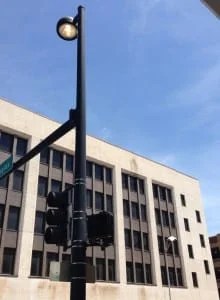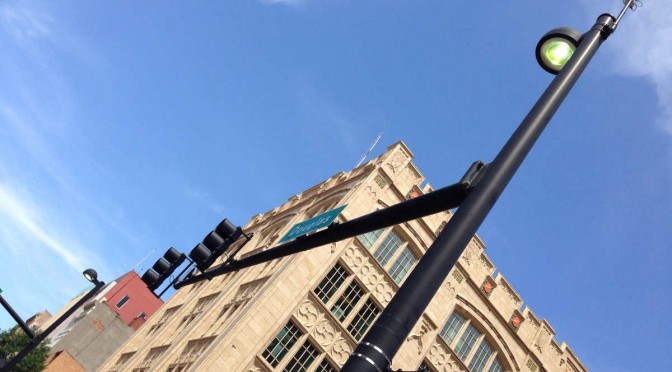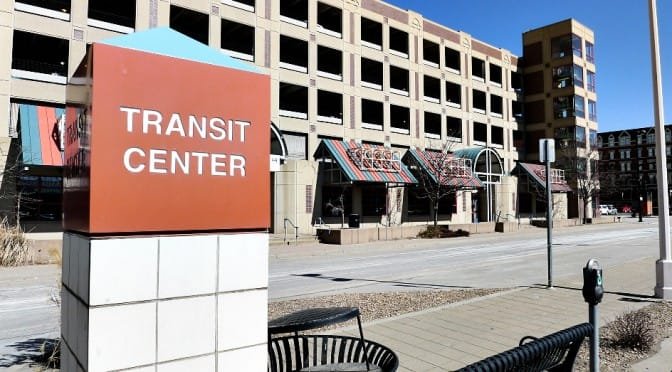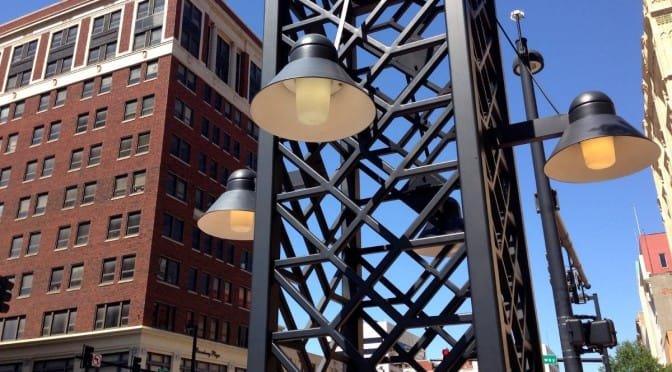Public service announcements on Facebook and Wichita City Channel 7 urge Wichitans to take steps to stop “vampire” power waste. But before hectoring people to introduce inconvenience to their lives in order to save small amounts of electricity, the city should tackle the real monsters of its own creation.

While appearing to be wasteful, this “vampire” power consumption often has a benefit. If you unplug your clock radio when you leave for work in the morning, you save a few dozen watts of power. But, you have to reset the clock when you want to use it again. If I unplug my Samsung smart television, I’ll probably have to reprogram it to my preferences. If I want save the power my microwave oven wastes, I’ll have to wrench my back lifting it out of the way so I can reach the outlet it plugs in to. That action, naturally, unleashes a cloud of dust bunnies to dirty my counters and floor.

How much electricity do you suppose a city street light consumes? It depends on the type of light, but common street lights use from 100 to 200 watts. During the hours when the sun does not shine, we’re generally willing to pay for that in order to obtain the benefits of lighted streets and sidewalks.
But when street lights are burning in the middle of a day, they provide absolutely no value. Street lights turned on during the day provide none of the convenience of “vampire” power usage, such as not needing to reset your clocks and move your microwave oven every day.

As I’ve shown, the city often has street lights turned on at noon on days with no clouds in the sky. (See here for examples.) Yesterday dozens of city street lights were turned on at 2:30 in the afternoon on a sunny day for many blocks in downtown Wichita. This is not an isolated mistake. It is a pattern. (Even if it is cloudy and raining, the street lights add no discernible illumination during daylight.)
There’s something else. Each of us can choose the balance between “vampire” power waste and inconvenience based on our own values. If we choose to use “vampire” power in order to add convenience to our lives, we have to pay for it.

(Yes, city hall bureaucrats pay taxes to the city just like you and I, so their tax money is also wasted. But because the cost of this waste is spread over the entire city, the motivation for any one person to take steps to eliminate the waste is small. Especially if, like a city hall bureaucrat would, you’d have to actually work in order to achieve savings. But these same bureaucrats and politicians urge you to work harder in your home in order to save small amounts of “vampire” electricity.)
The wasteful expenditures on street lights I’ve been illustrating for several weeks are located in districts of the city represented by Janet Miller and Lavonta Williams. Both express concern for the environment and criticize the purported harm man has caused the earth by emitting greenhouse gases. Here’s an opportunity for them to act on their beliefs.




 item had been “discussed in length last week,” referring to what would be the June 10, 2014 meeting. A reading of council agendas and minutes shows that it was actually at the June 3 meeting when the item was presented. Further, the June 3 matter was a different item. It’s a small detail, but the purpose of the June 3 item was to approve and accept the property owners petition and set the date for a public hearing. That public hearing was held on June 17.
item had been “discussed in length last week,” referring to what would be the June 10, 2014 meeting. A reading of council agendas and minutes shows that it was actually at the June 3 meeting when the item was presented. Further, the June 3 matter was a different item. It’s a small detail, but the purpose of the June 3 item was to approve and accept the property owners petition and set the date for a public hearing. That public hearing was held on June 17. why is the gap analysis needed for this project and not for others. The assistant city manager explained that it is required for economic development projects like the one under consideration today, but not for others.
why is the gap analysis needed for this project and not for others. The assistant city manager explained that it is required for economic development projects like the one under consideration today, but not for others.

 project is 0.8 percent of the project. The lower interest rate for the $156,034 being financed under the program provides some small additional benefit. These values are small compared to the scope of the project. It is not possible to forecast future revenues and expenses with the precision necessary to conclude that the facade improvement program boosts this project over the bar of economic feasibility, whatever that is.
project is 0.8 percent of the project. The lower interest rate for the $156,034 being financed under the program provides some small additional benefit. These values are small compared to the scope of the project. It is not possible to forecast future revenues and expenses with the precision necessary to conclude that the facade improvement program boosts this project over the bar of economic feasibility, whatever that is.



 In this episode of Voice for Liberty Radio: Candidate for United States Senate Dr. Milton Wolf spoke to the Wichita Pachyderm Club on Friday June 13. He spoke about the issues he feels are important today in America and took questions from the audience. Dr. Wolf was introduced to the Pachyderm Club members and guests by myself.
In this episode of Voice for Liberty Radio: Candidate for United States Senate Dr. Milton Wolf spoke to the Wichita Pachyderm Club on Friday June 13. He spoke about the issues he feels are important today in America and took questions from the audience. Dr. Wolf was introduced to the Pachyderm Club members and guests by myself.
